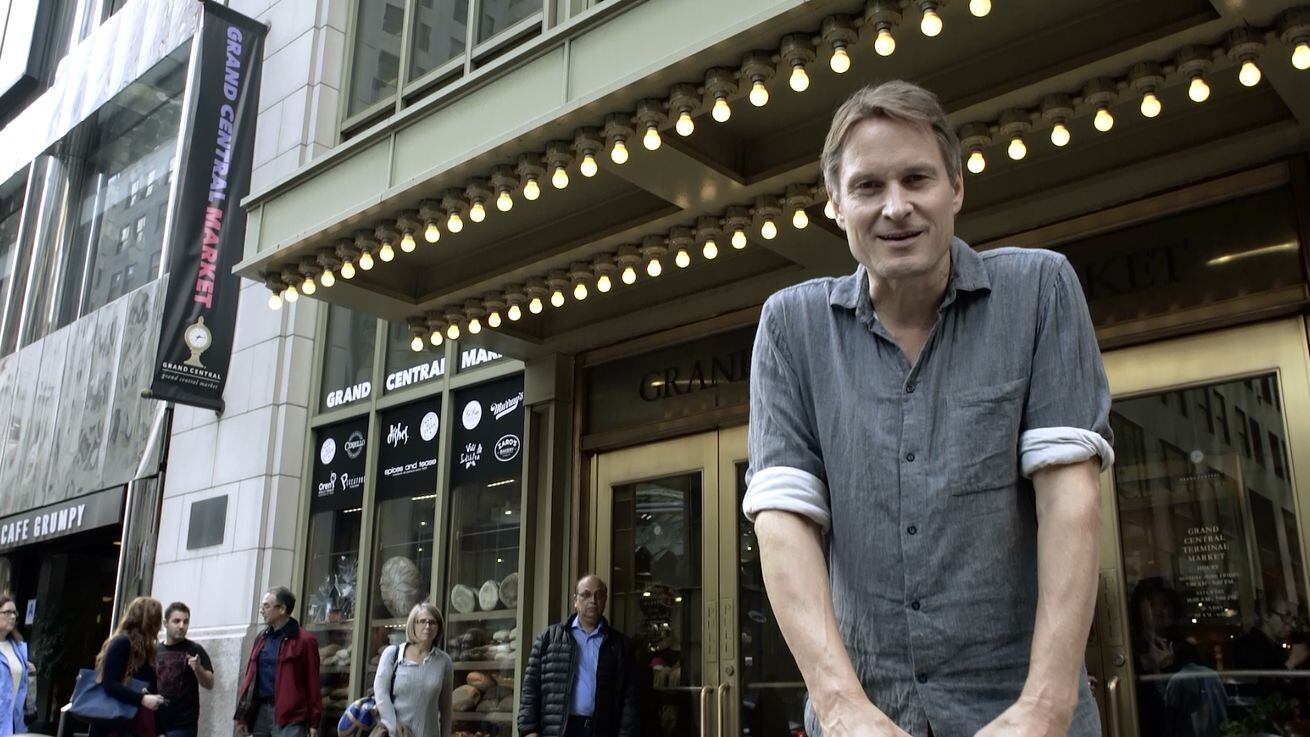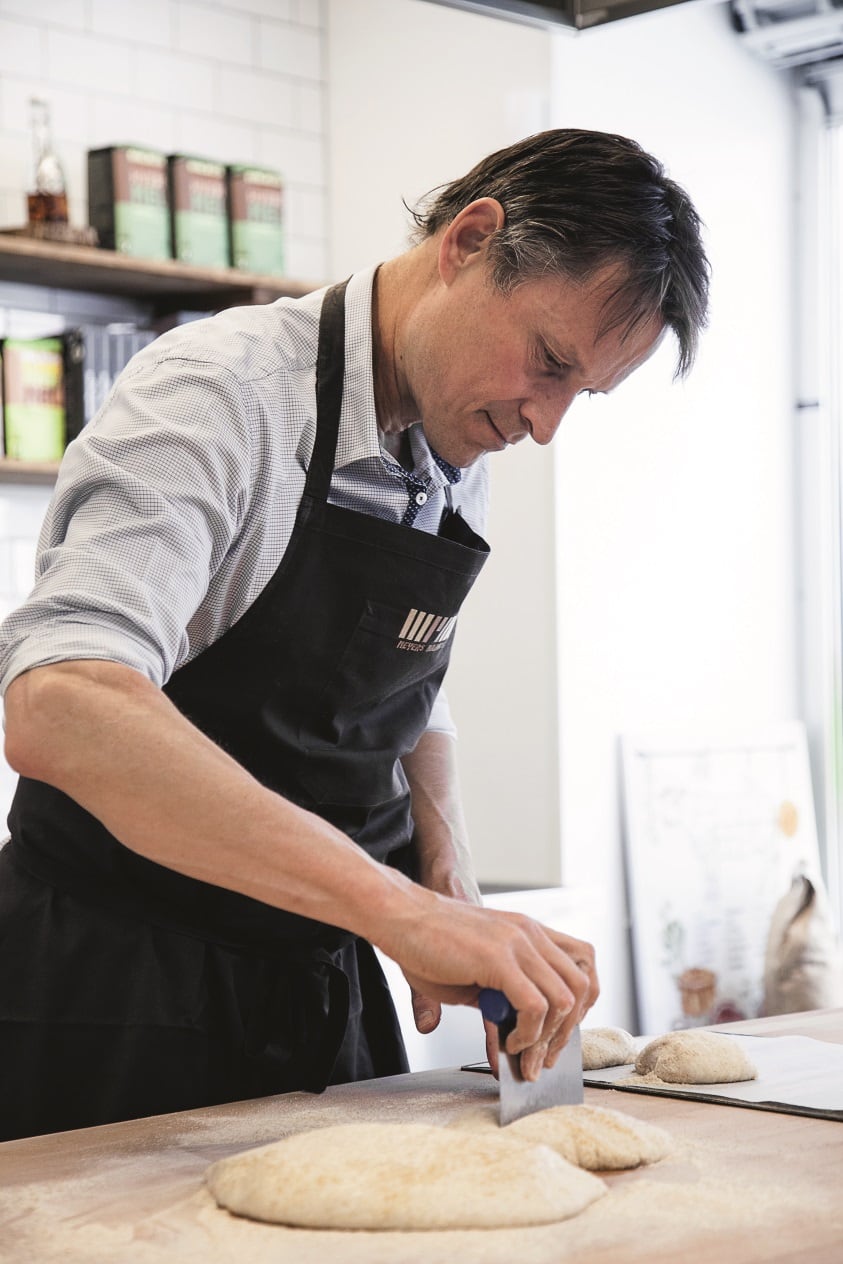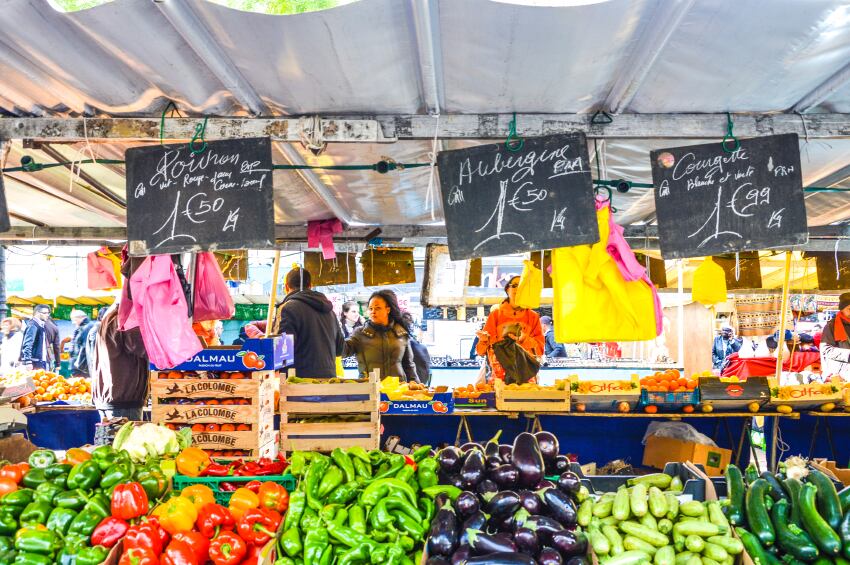The link between food production, consumption and environmental and social benefits has come to the fore in recent years. These concerns are increasingly being expressed by European consumers, who state an interest in locally produced food that is environmentally and socially responsible.
As is often the case, the restaurant sector and chefs – the original foodie influencers – have spear-headed this movement, acting as thought-leaders and chief proponents of food that is both locally relevant and sustainably sourced.
Claus Meyer, who now owns Danish cuisine restaurant Agern in New York, says that these principles were at the heart of the New Nordic Cuisine manifesto that he helped pen.
New Nordic Cuisine
In 2004, Danish chefs Meyer and René Redzepi, of the then newly opened Noma restaurant, convened a number of Scandinavian chefs in Copenhagen to discuss how best to develop New Nordic Cuisine.
“My approach to food and food culture predominantly came from France. I was very inspired by the French concept of terroir, the idea that a chef or food producer [should] express your history and the history of your region and also the specific character of products that become unique in the world when produced or grown or harvested here. I loved the idea of this intimate relationship between the food, the meal and the place” he reflected.
“In 2002-3 when we launched the Noma, the Nordic cuisine movement, it seemed as though French cuisine had lost momentum and didn’t really care about anything other than deliciousness. I felt the world was in need of chefs who cared about inequality, social inclusion, biodiversity, the quality of our groundwater, resources for future generations, climate change.”
The movement sought to emphasise the need for what they described as "purity, simplicity and freshness" as well as increased use of seasonal foods. It encouraged the development of traditional dishes that utilise ingredients benefiting from the local region’s climate, water and soil.
“Our ethos became to try to merge the French notion of terroir with the universal search for deliciousness, a sensitivity towards sustainability and personal health.”

Raising awareness of sustainable food
Meyer said that while the Nordic cuisine movement “didn’t invent climate change or sustainable agriculture” it was able to bring these issues together in one coherent philosophy.
“We made a lot of effort and worked to raise awareness around these issues. Chefs became spokespeople for this kind of approach to food that had universal qualities and raised important issues and resonated,” he observed.
The success of Noma, the two-Michelin-star restaurant that has been ranked the ‘best in the world’ for a number of consecutive years, was an important lever to grow awareness.
“We got a lot of attention, so I am sure we have amplified or enhanced the interests in those issues,” Meyer suggested. “We have been an amazing vehicle for a much larger issue that the world must deal with. But we are not the only ones – the UN development goals are pretty powerful things.”
‘Not some funny trend’
Meyer is confident that sustainable food production is a topic that is only going to go up the agenda globally.
“Because this is so important and not some funny trend it is timeless. Our initiative - the underlying values – are aligned with what is going on outside the world of hospitality. It is so powerful. It is truly defining parameters of the new game of gastronomy and hospitality.”
And while sustainable food consumption is not a concept that has necessarily tipped to the mainstream – yet – Meyer sees growing interest among younger generations.
“How to change the way in which a country cooks? That is extremely complicated.

“One thing is to change an adult’s life. That is pretty complicated because people end up living their values. But we have a whole young generation growing up in the middle of this conversation. It is interesting to see how young 15-, 16-, 17-year-old boys and girls suddenly become thought leaders for a whole generation.
“The important thing is not just how many people have changed their lives for today but our capacity for change going forward with a young generation growing up. I think we will see massive changes.”
Vegetable forward cuisine
Meyer believes an important part of this picture is that people need to “change how they consume different types of ingredients in their meals”.
For a healthy planet and population, it is important to reduce our meat intake, increase our vegetable intake and switch to organic production, the renowned chef believes.
His own food philosophy works to “celebrate” vegetables. “It is part of the DNA of the Nordic cuisine that we want to honour nature and have a vegetable forward cuisine.”
Biodiversity and organic production
The food industry must move on biodiversity loss, Meyer continued.
“We are in the middle of a mass extinction of biological species on earth. As human beings, we need to do everything we can to preserve the diversity, not only of what we eat but the animals around us and the bacteria. It is all kids of living organisms that are threatened on the planet right now and this can threaten life. We probably have to get onto fixing it now."
While biodiversity is not a “big focus area” for consumers, that does not make the issue less important, Meyer insisted. And change is underway.
“I see more types of cabbage in the marketplace in Denmark. I see microgreens. There is a certain amount of new ingredients. But that hasn’t solved the problem of biodiversity. It is a systemic problem.”
Meyer believes that organic production can go some way to tackling the issue. He forecasts that demand for organic foods, already among the strongest growth sectors in Europe, will continue apace.
“Producing food in an organic way is one way to favour biodiversity because fertilisers and the heavy use of chemical components and pesticides by nature kills a lot of organisms.
“These are very important values for the future. We will see a big growth in organic food production in the coming decades.”




